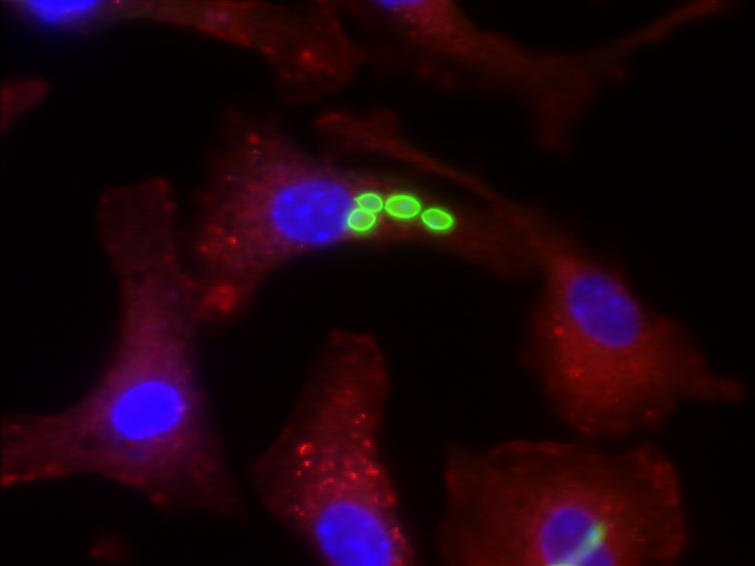
 Press
Press
Leishmania : a parasite that adapts to its environment by chromosomal amplification
Leishmaniasis is an important human and veterinary disease caused by Leishmania parasites that affect 12 million people in over 98 endemic countries. The disease is now emerging in Europe due to climate change and massive population displacement. The parasite is known to rapidly adapt to novel environments with important consequences for disease outcome. It has therefore been recognized as an emerging public health threat for the EU. In a paper, published in Nature Ecology & Evolution , scientists from the Institut Pasteur in Paris and the Centre for Genomic Regulation (CRG) in Barcelona, in collaboration with teams at the Institute of Tropical Medicine Antwerp (ITM) and the University of Montpellier, have now demonstrated that Leishmania adaptation results from frequent and reversible chromosomal amplifications. Such variations, named aneuploidies, are similar to those occurring in many cancer types. These findings represent an important step towards a better understanding of human Leishmania infection, with relevance to parasite drug resistance, pathogenicity, and tissue tropism. This novel insight into Leishmania genomic instability should pave the way for the identification of parasite drug resistance mechanisms in clinically relevant settings and help discover biomarkers with diagnostic and prognostic value.